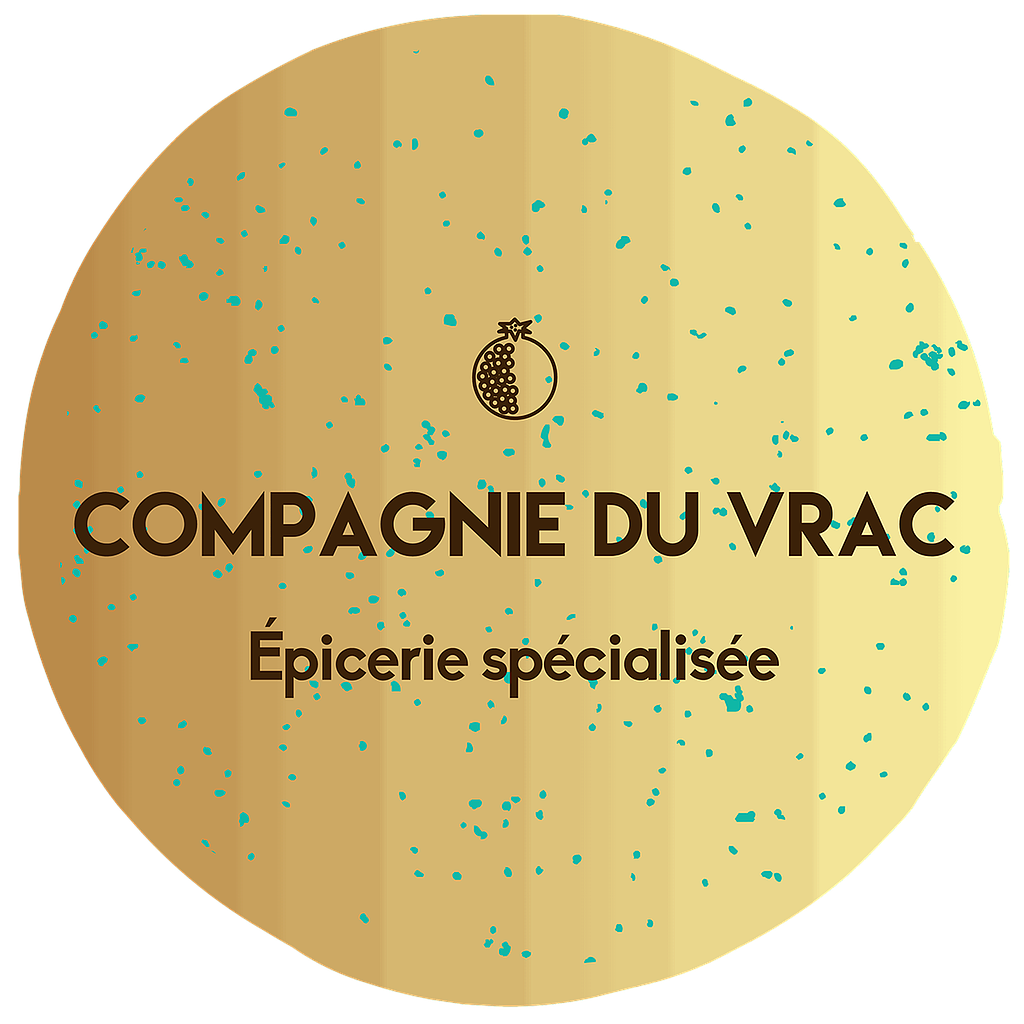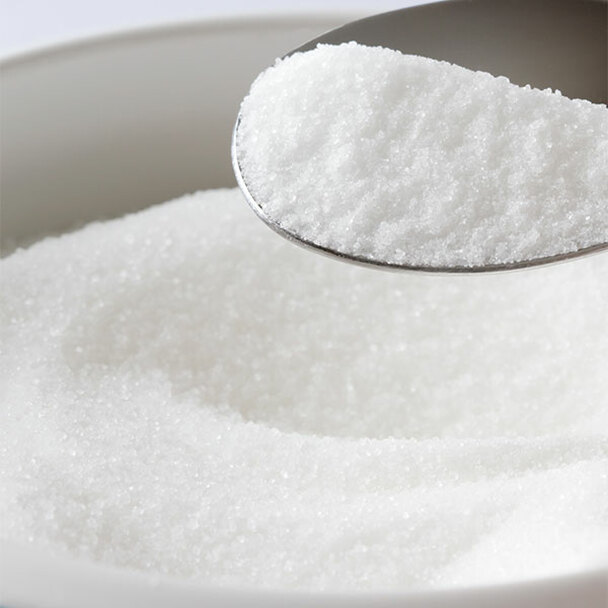Le xylitol possède le même pouvoir sucrant et la même saveur que le saccharose (pouvoir sucrant quasi similaire). En revanche, il a un effet rafraîchissant et son apport calorique est inférieur de 40 % à celui du saccharose avec 2,4 kcal/g contre 4,0 kcal/g. Son indice glycémique très faible, qui est de 7, est recommandé aux personnes ayant des problèmes de santé liés à la consommation de sucre. Enfin, contrairement aux autres sucres, le xylitol est non acidifiant pour l'organisme.
Le xylitol présente en plus des actions bienfaisantes sur la sphère bucco-dentaire. Son emploi régulier aide a gérer la quantité de plaque dentaire et la carie dentaire .
Xylitol contains 40% less calories than cane sugar, is low GI, non GMO and is 100% natural.
Caution: Excessive consumption may have a laxative effect.
As a sugar substitute, xylitol is great when cooking baked treats and can be measured 1:1, as 1/2 cup sugar equals 1/2 cup xylitol, (although some recipes may vary slightly so adjust accordingly). There are also subtle differences between xylitol and sugar when cooking or baking, xylitol absorbs moisture heavily and won’t help you like sugar does when trying to get something to raise using yeast.
This Xylitol is produced from hard wood sources, predominantly Birch (Betula L. Pendula) and Beech (Fagus sylvatica). These tree species are very rich in hemicellulose, predominantly xylan, a natural polymer of xylose (wood sugar).
During production the chipped wood is subject to hydrolysis which breaks down the xylan into xylose. The xylose is then enriched, purified and crystallised before being dissolved in water and purified. Finally it is crystallised to produce high purity Xylitol.

